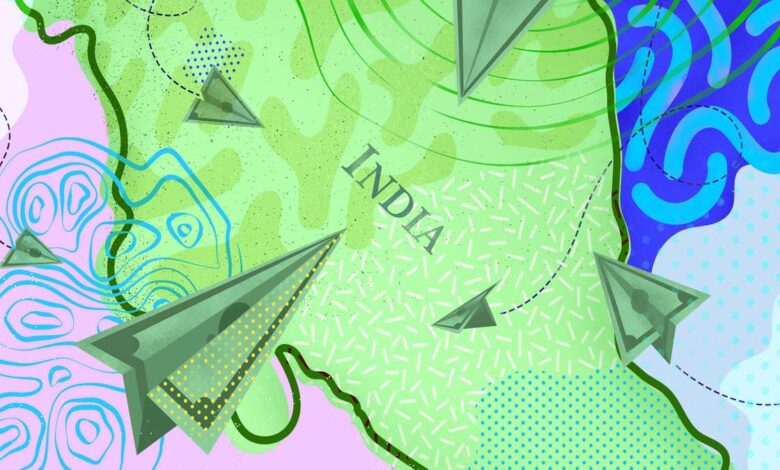8 Easy Steps to Avoid Scams When Sending Money to India from the UK

Sending money to India from the United Kingdom is sometimes a costly affair. With a high transfer cost and long waiting periods, sending money to India can be costly.
However, it doesn’t have to be that way. You can avoid getting scammed when you send money to India without spending a fortune. Here are six easy steps you need to take to avoid getting scammed when sending money to India:
1. Know the Scam Signs.
The first step to avoiding getting scammed when sending money to India is to know the signs of a scam. It can be difficult to identify scams online, like so many different aspects can lead you astray. The adage “if it sounds too good to be true, it probably is” rings true in this particular situation.
There are plenty of different aspects that can lead you astray and contribute to getting scammed when sending money to India. For example, if someone is claiming they’re sending money on behalf of someone else or promising overseas transfers is if they don’t have an address where they reside in their profile information.
People usually live at their permanent address, so if someone trying to send you money lives somewhere other than where they say they do, it should be a red flag that they are dishonest. If there isn’t anything suspicious about those factors listed above and more, there might still be something wrong with the person claiming they want to send your money abroad.
2. Know the Basics.
Know the basics of sending money to India. Ask yourself these questions before you send any money: – What is the transfer fee? – What is the exchange rate in my local currency? – Is there a limit to the amount you can send to India from the UK? The answers to these questions will help you avoid getting scammed while not costing you a fortune.
3. Always Look for a Licensed Exchange.
The first step to avoiding getting scammed when sending money to India is always looking for a licensed exchange. A licensed exchange is an exchange that has been approved by the Reserve Bank of India and registered with the government of India. Licensed exchanges have met certain requirements, including an online interface, a 24/7 customer service line, and an international bank account.
4. Always Check the End-To-End Rate.
To avoid getting scammed, you must always check the end-to-end rate before sending money. When you send money to India, you will be charged a certain amount for the transfer. This rate can vary depending on what type of bank and where your money is going. So, you must check out the rates before sending any funds.
5. Avoid Sending Untraceable Funds.
First and foremost, try to avoid sending untraceable funds. When sending money through banks, they will have a certain limit on the amount of money they can transfer to India from UK. If you send more than that amount, they will charge you an additional fee. So try not to exceed the limit when sending money to India.
Second, make sure that the person you are giving them money to is trustworthy and reliable. Check out their social media presence and see if there are any red flags.
Third, make sure that the beneficiary is reputable and has a track record of fulfilling their obligations promptly and without extra charges.
Fourth, avoid sending cash directly from your country.
Fifth, use a service which provides traceability for your funds in India. They will also state how much it will cost for them to send your funds to your intended party in India.
6. Always Confirm the Payment Address.
Always confirm the payment address before sending money to India. When you send money to India from UK, make sure the payment address is correct and that it matches the one on their profile. This can be done by typing in their name and address on a Google search. If you notice any discrepancies, don’t spend your money.
7. Don’t Send Any Particular Currency.
While sending a particular currency is common, you need to think twice before doing so. If the person you are sending money to doesn’t have that particular currency, they can’t use it. This means that your money is going into the pockets of someone who won’t be able to take care of it.
8. Read Reviews and Check Ratings.
It is very important to be informed about the financial institution’s reputation to that you are sending money. You should check out any reviews and ratings you can find. Doing so will help you determine how trustworthy the institution is and how much money they are likely to return if something goes wrong with your transfer.
Conclusion.
Scams are always around, but there are ways to avoid them. The first step is to know and recognize what a scam looks like. Once you can identify a scam, you can avoid it by being more careful when exchanging your money in India.